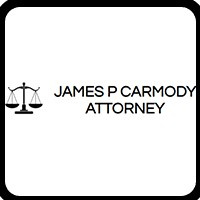 Big Rock Bankruptcy Lawyers, Virginia
Big Rock Bankruptcy Lawyers, Virginia
Includes: Bankruptcy Litigation, Commercial Bankruptcy, Consumer Bankruptcy, Dissolution
Sponsored Lawyers
1-3 of 3 matches
116 Veterans Dr
Richlands, VA 24641
Bankruptcy, Family Law, Credit & Debt
Since 1976, Mr. Carmody has provided outstanding legal services for bankruptcy, divorce, custody issues, and adoption proceedings to clients in the greater Southwest Virginia and Southern West Virginia areas. He opened his office to serve as an advocate for those who need one.
(more)
Social Security, Government, Consumer Bankruptcy, Bankruptcy & Debt
Natural Resources, Contract, Bankruptcy, Household Mold





